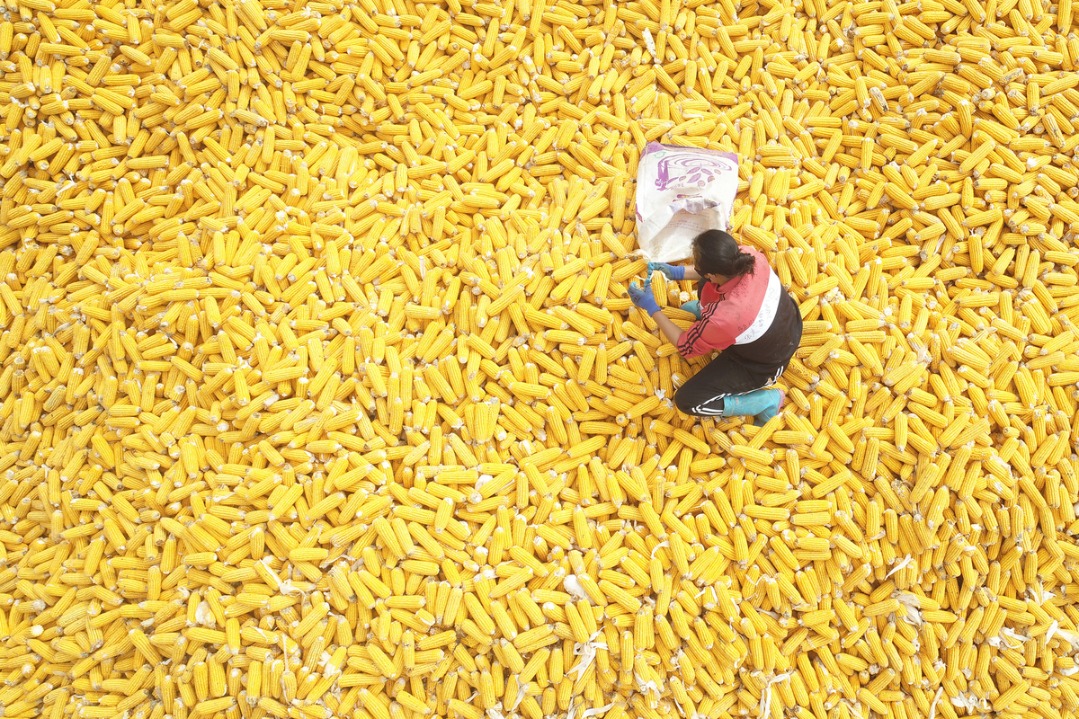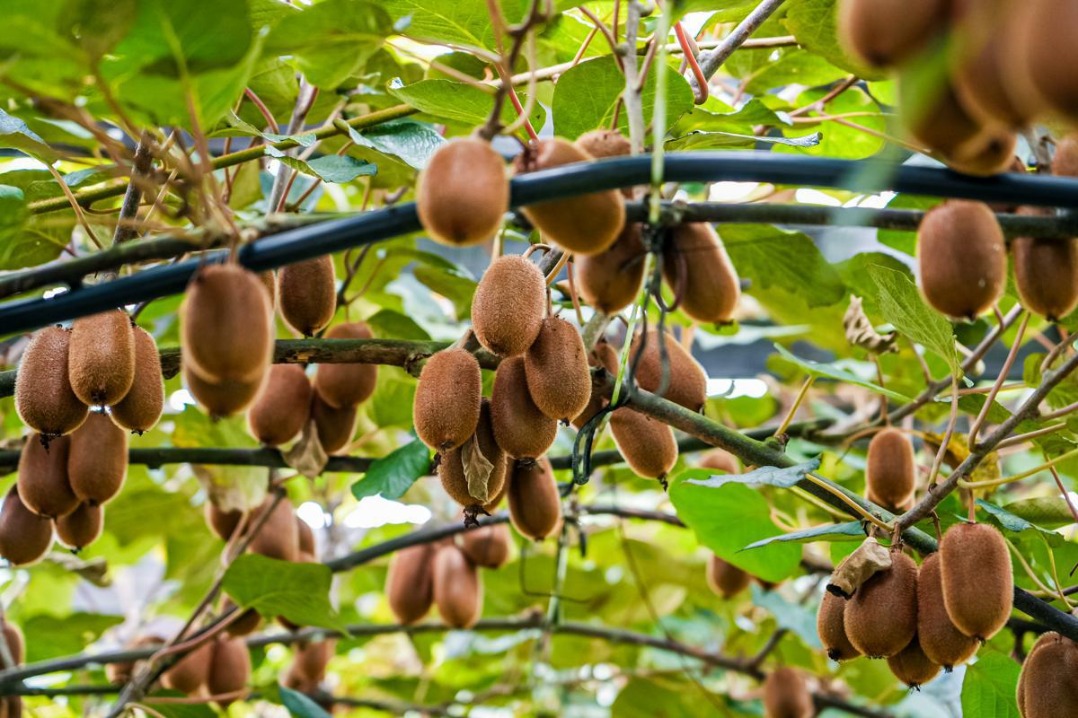Parents, experts hail free HPV vaccination for girls


Wang Li, a mother of two young daughters in Jiangsu province, welcomed the news last month that the human papillomavirus vaccines will be made available to all eligible girls nationwide.
Wang, 36, has not been vaccinated against HPV — the primary cause of cervical cancer — mainly due to time constraints and uncertainty over which vaccine to choose.
"I always planned to get my daughters, aged 11 and 9, inoculated. I fully support the policy, as that means the country will select and provide reliable and effective vaccines for my girls," she said.
Wang is among the many parents and health experts who have praised the government's move to include HPV vaccination in the national immunization program and roll out HPV vaccination services for all eligible girls this year.
The policy was announced by Shen Hongbing, deputy director of the National Health Commission and head of the National Disease Control and Prevention Administration, at a news conference on Sept 11.
China's free immunization program currently covers 14 vaccines that prevent 15 diseases. It has not been expanded since 2007.
Du Heng, principal officer at the Bill & Melinda Gates Foundation's Beijing office, said that incorporating HPV vaccines into the national immunization program will significantly improve access and strengthen health protection for Chinese women.
She said that in recent years, the foundation has worked with partners across sectors to explore ways to enhance HPV vaccine accessibility in China through research innovation, manufacturing capacity expansion, evidence-based studies and science communication.
HPV is the leading cause of cervical cancer, which is the fifth most common cancer among women in China. In 2022, the country reported 150,000 new cervical cancer cases and 56,000 related deaths.
The World Health Organization recommends providing free HPV vaccines to girls aged 9 to 14. Its global strategy to eliminate cervical cancer aims to ensure that 90 percent of girls are fully vaccinated — typically requiring two to three doses — by 2030.
In a podcast interview, Du said that expanding government-funded immunization programs requires careful consideration of multiple factors, including domestic vaccine supply capacity, affordability, public and professional awareness of vaccine importance and prioritization among numerous candidate vaccines.
"The inclusion of the HPV vaccine marks the first time the national immunization program has targeted adolescents, rather than only children under the age of 6. It also reflects the country's growing emphasis on safeguarding women's health," she said.
China approved its first HPV vaccine — an imported brand — in 2016. Since then, public willingness to get vaccinated has continued to rise, according to the National Health Commission.
A study conducted by the National Cancer Center from December 2020 to April 2021 across seven regions showed that 82 percent of participants were willing to have their daughters vaccinated, the commission said in a statement released in August.
The country approved its first domestically developed HPV vaccine toward the end of 2019, and currently offers three domestic options.
Guo Yanhong, an official with the National Health Commission, said that homegrown vaccines have been widely used in China and have played a crucial role in rapidly improving the accessibility and affordability of HPV immunization.
"A domestic nine-valent HPV vaccine has recently entered the market, offering more comprehensive and accessible immunization options for women," Guo said.
The growing availability of more affordable domestic vaccines has prompted 18 provincial-level regions and multiple cities to provide free HPV vaccinations to eligible girls in the past few years. These public health initiatives use domestically developed vaccines that protect against the two most common HPV strains.
It is estimated that free immunization programs have covered about 60 percent of all eligible girls nationwide, the commission said.
Deng Yong, a health law professor at Beijing University of Chinese Medicine, said in an interview with China Newsweek that regional pilot programs have shown that providing the two-valent domestic vaccine to at least 90 percent of targeted girls, combined with cancer screening efforts, can effectively reduce the incidence of cervical cancer.
The implementation of the national policy is expected to significantly raise the overall vaccination rate and promote health equity.
"Historically, HPV vaccination rates were low in less-developed areas due to geographic and economic barriers. Including HPV vaccination in the national immunization program is key to ensuring all eligible girls have equal access, helping bridge this health equity gap," Deng added.
wangxiaoyu@chinadaily.com.cn
- Parents, experts hail free HPV vaccination for girls
- Women shine in digital job market
- World's largest solid-fuel rocket makes 2nd flight
- China activates Level-IV emergency response for flood control in 3 provinces
- Xiplomacy: How China helps empower women from Asia to Africa
- Dunhuang Yadan: Nature's epic 3D printing project!





































